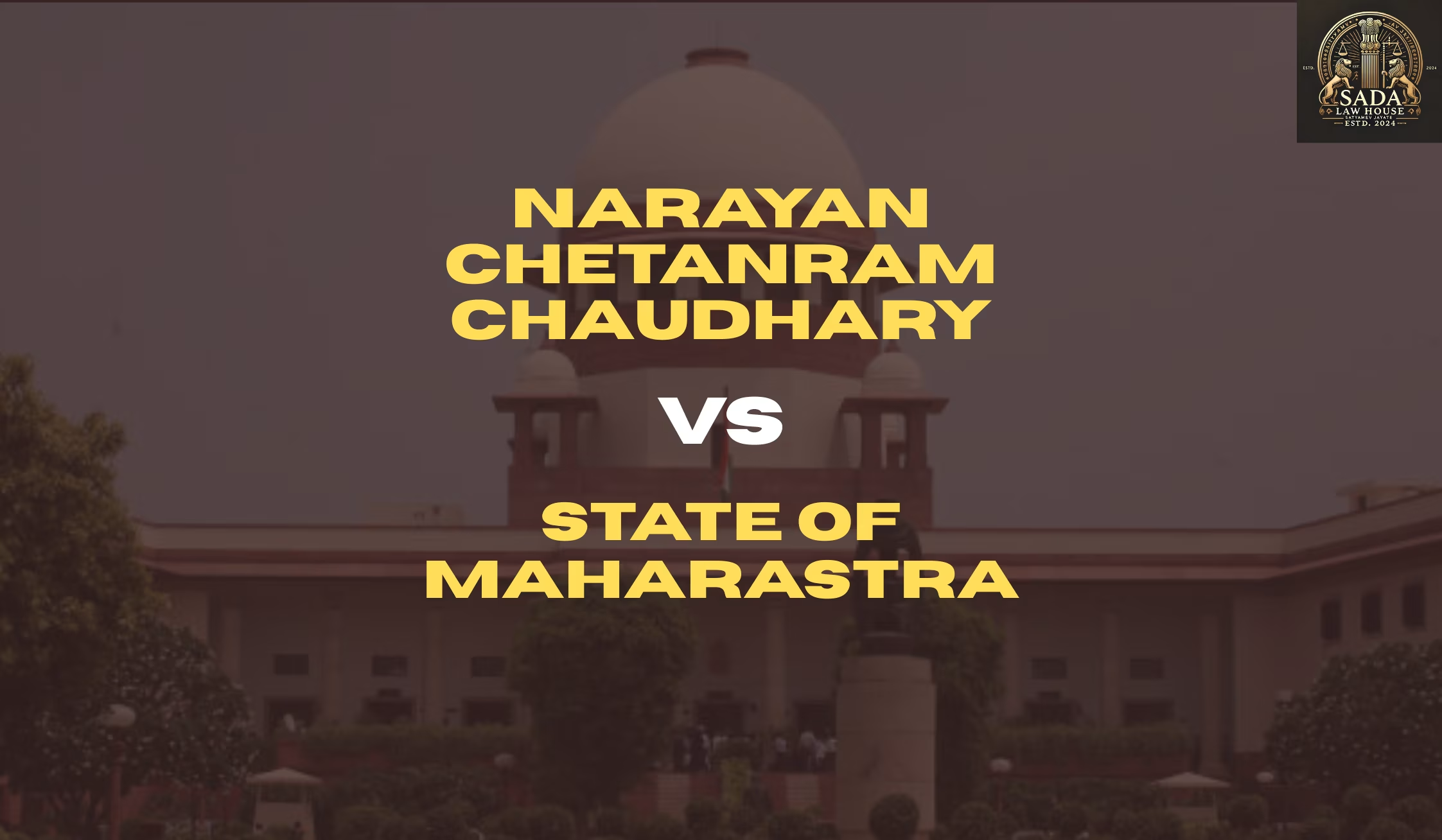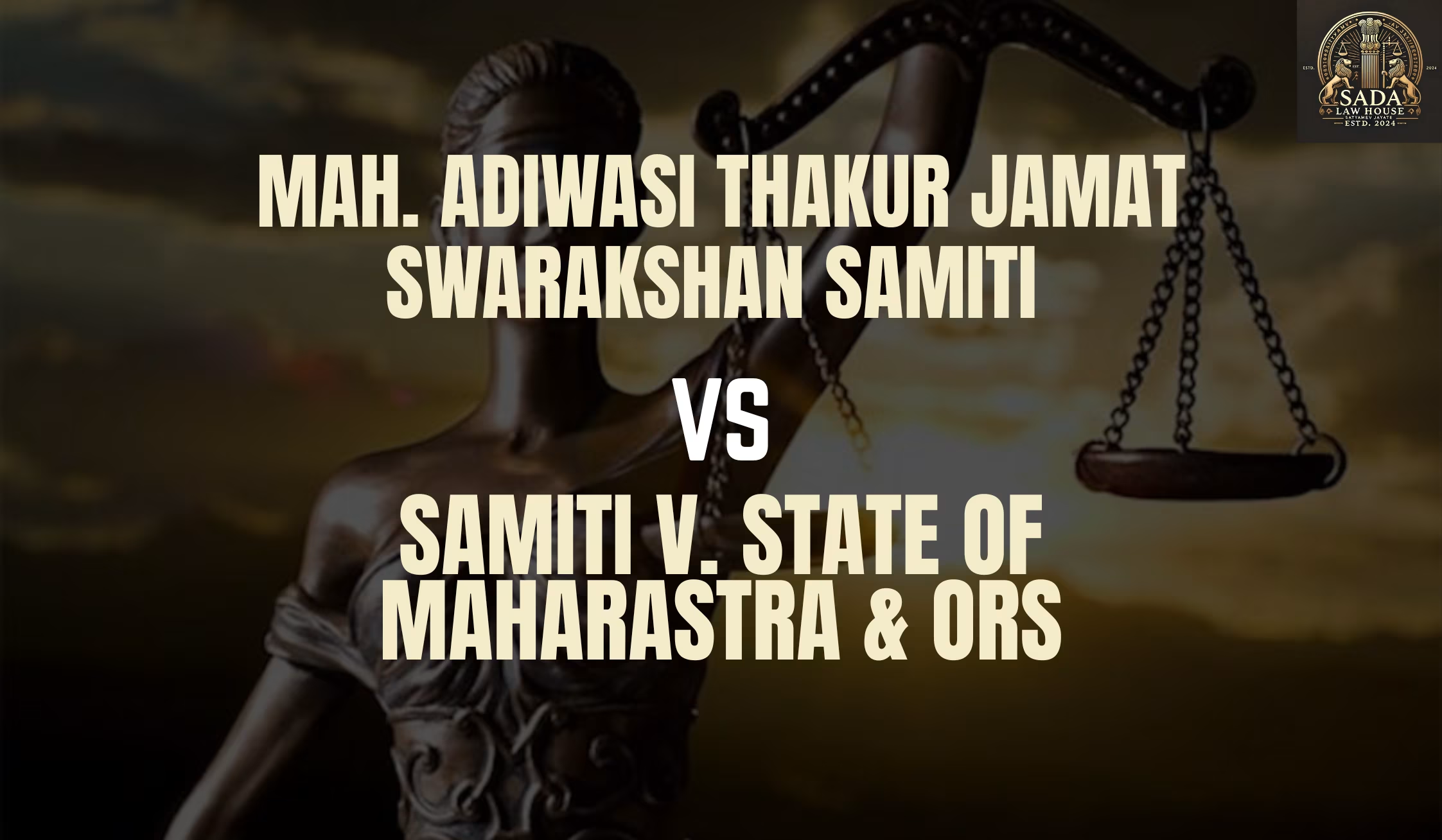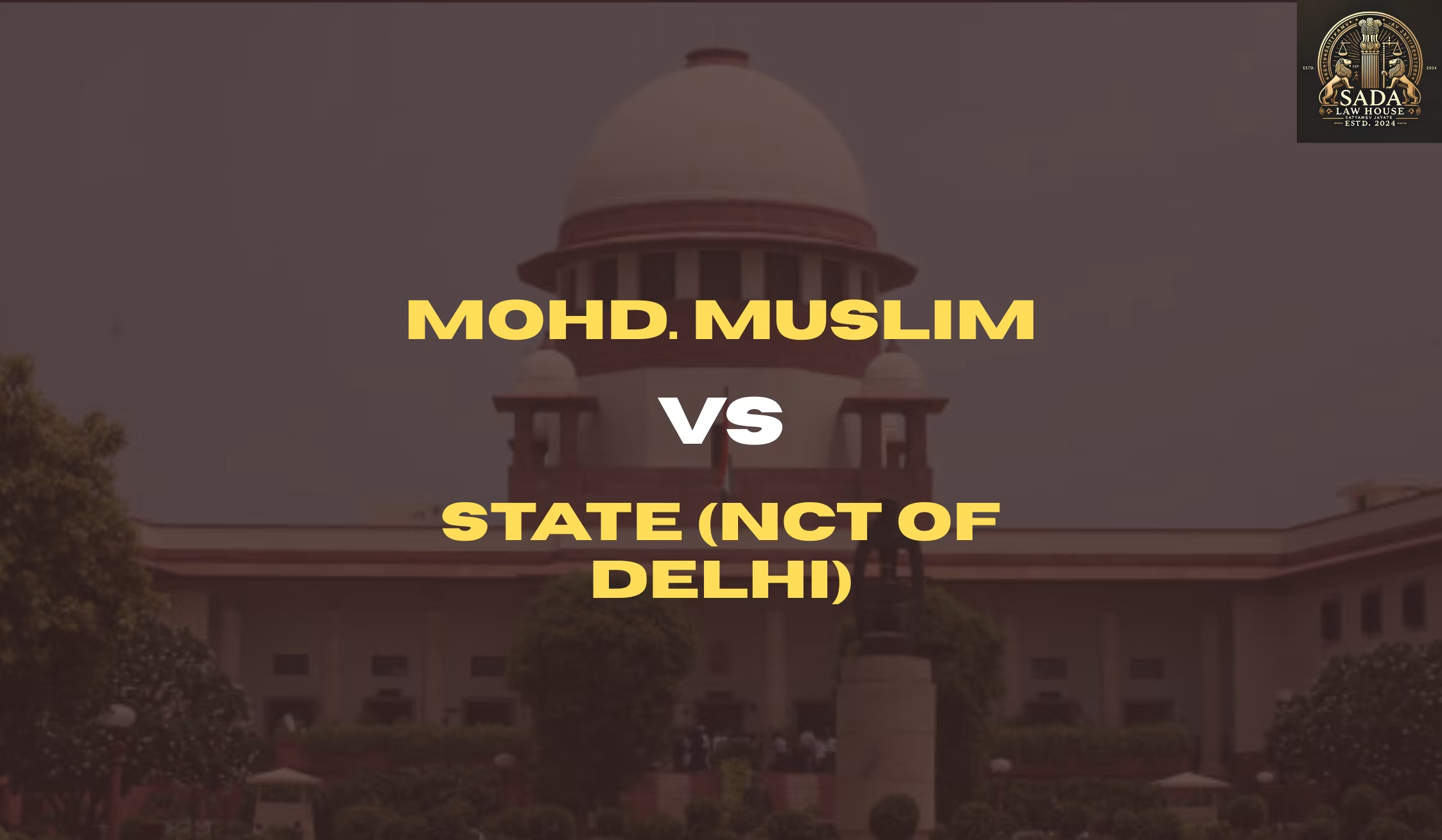Breakups and False Rape Cases: Allahabad High Court’s Ruling on Criminalizing Emotional Fallout
- NITU KUMARI
- 26 Apr 2025

The Allahabad High Court in Arun Kumar Mishra vs State of UP highlights the concerning trend of criminalizing emotional fallout after breakups, emphasizing that not all immoral acts warrant legal action.
Introduction
In a significant ruling, the Allahabad High Court has raised serious concerns about the growing trend of failed romantic relationships leading to criminal cases, particularly rape allegations. In Arun Kumar Mishra vs. State of UP, Justice Krishan Pahal observed that not all ethically or socially questionable actions warrant legal intervention.
Background of the Case
The case involved a 42-year-old man accused of raping a woman he was in a consensual relationship with. The woman alleged that the accused had recorded their intimate moments and later blackmailed her. She also claimed that he promised marriage but eventually reneged.
The man’s defense highlighted that their relationship was consensual, and the victim was aware of his prior marital history. Furthermore, it was argued that while the actions might be immoral, they did not amount to a criminal offense.
Key Observations by the Court
Rise of Criminalizing Emotional Discord
The Court remarked that personal fallout from failed relationships is increasingly being given a criminal character through the invocation of penal laws.
Consent and Awareness
The victim, a 25-year-old well-educated woman, consciously chose to be in a relationship with the applicant, who was significantly older and had a complicated marital history.
Modern Relationship Dynamics
The Court noted a cultural shift wherein the solemnity and sanctity once associated with intimate relationships have diluted, giving rise to transient, uncommitted relationships.
Abuse of Legal Provisions
Justice Pahal stressed that the misuse of laws under emotional distress after a breakup can lead to frivolous criminal cases, thereby undermining genuine cases of misconduct.
Arguments Presented
Defense Counsel’s Stand:
The relationship was consensual.
The actions, at best, amounted to immorality, not criminality.
Significant delay (five months) in filing the FIR indicated retaliatory motives.
Victim’s Counsel’s Stand:
The accused was portrayed as a manipulative individual with a history of misleading women.
Statements from other women corroborated the victim’s allegations.
Court’s Verdict
The Court concluded that the circumstances pointed more towards an emotional backlash rather than a genuine criminal grievance. It emphasized that not every morally questionable act should trigger criminal law intervention.
Thus, considering the delay in filing the complaint, the mutual nature of the relationship, and the removal of serious charges (Sections 313 and 377 IPC), the Court granted bail to the accused without commenting on the merits of the case.
Advocates Involved:
For the Accused: Nitin Chandra Mishra and Senior Advocate Anup Triwedi
For the Complainant: Advocate Devendra Singh
For the State: Advocate Sunil Kumar
Conclusion
The Arun Kumar Mishra vs. State of UP case reflects an evolving societal reality and sends a strong message about the responsible use of criminal law. The judiciary’s careful distinction between emotional distress and actual criminality ensures that the legal system remains a tool for justice, not retaliation.
Case Laws







